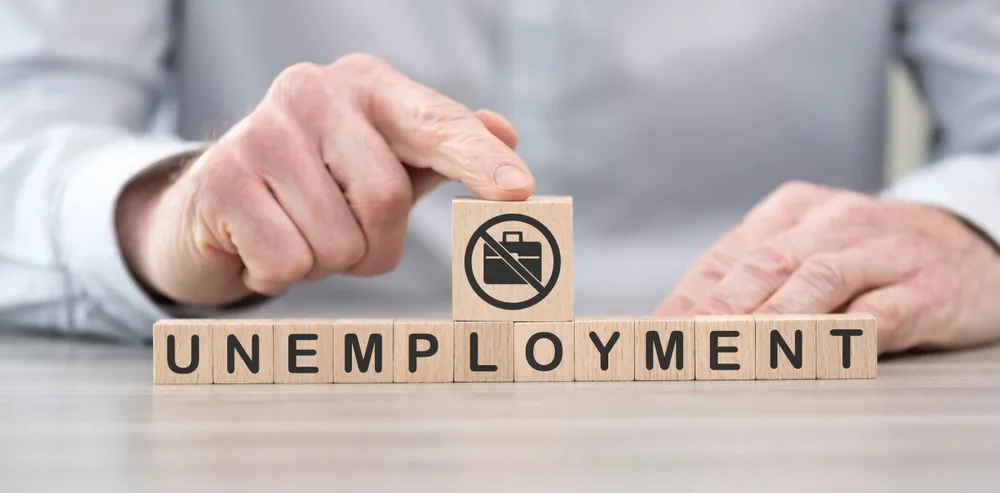Loan refinancing is also an historically valid method of lowering your monthly payments and paying less interest over the life of a loan. Student loans are provided by either the U.S. federal government or through private lending institutions. Many people seek to refinance private student loans with the lending institution where they received their initial loan.
This happens when financial circumstances have improved for a borrower and lower APRs and friendlier loan terms therefore become available. It is also possible to refinance federal student loans through private lenders, however. Additionally, some borrowers begin to experience adverse financial scenarios. In such cases a suitable student loan refinance program might provide some financial relief.
Qualifying for a student loan refinance is largely dependent on your FICO score and income. Because this type of loan refinance program is commonly unsecured, your FICO score typically needs to be 600 or higher to qualify. The APR you are charged is also partially dependent on your FICO score.
Your FICO score represents your overall creditworthiness to lenders. When your FICO score is higher, the APR you are offered is commonly lowered. This is because higher FICO scores indicate higher levels of creditworthiness. The opposite is true of lower FICO scores. This means a borrower with a FICO score of 720 is likely to get a much lower APR than a borrower whose FICO score is 600. Borrowers with 580 or 590 FICO scores might not qualify at all.
Additional qualifying requirements include:
- Income verification (typically your last two-year’s tax returns).
- Employment verification (commonly six months of paystubs minimum).
- Proof of legal U.S. citizenship or residency.
- Low debt-to-income ratio.
- Personal and professional references.
- Additional supporting documentation.
Numerous potential benefits are created when you refinance your student loan debt. Saving money and obtaining financial relief is a common goal among consumers across the U.S. today. The primary benefit created when you refinance your student loans is the ability to save money both monthly and over the life of your loan. Additional benefits include:
- Improved credit rating.
- Become debt-free faster.
- Competitive private refinance lenders might offer you better rates to get your business.
- Rate quotes are free and easy to obtain.
- A single loan replacing multiple loans is convenient and easier to manage.
Student loan refinance rates vary between lenders. APRs are also determined based on your FICO score, income, and other qualifying factors. Your rate will also be lower if you enroll in a lending program’s autopay plan. At the time of this writing, refinance rates for student loan debt range between 2.15% and 2.49% when using autopay. These rates apply to loans ranging anywhere from $5,000 and $500,000.
Terms range between five and twenty-five years as well. Please note: The best private refinance lenders might offer some flexibility when determining your APR. For example, if you have a high debt-to-income ratio but also have an excellent FICO score, you might still receive a lower APR.








